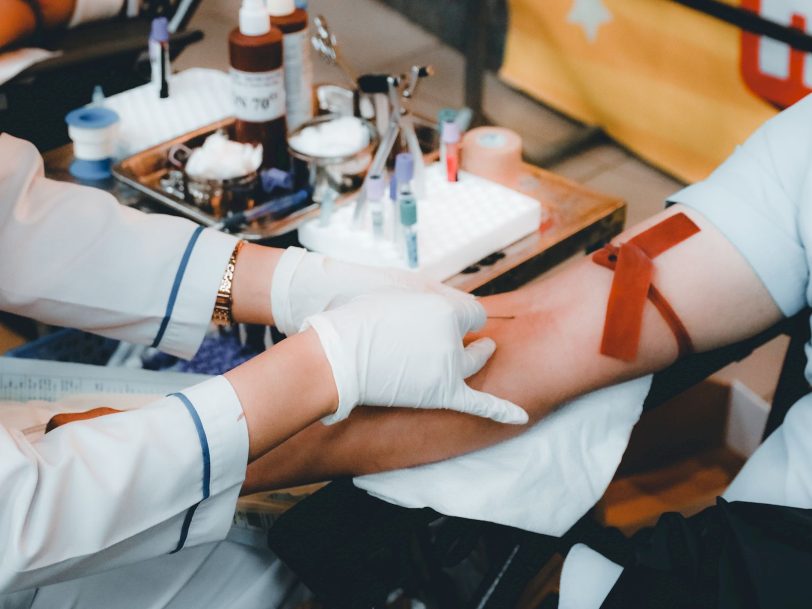How many liters of blood are in the human body?

Blood is one of the most important components of the human body. It is made up of a mixture of red blood cells, white blood cells, and plasma. These components work together to carry oxygen, nutrients, and hormones to every cell in the body.
On average, an adult human has approximately 5 liters of blood in her body. This means that the blood volume in an adult is approximately 8% of the total body weight. This varies slightly between men and women, with men having slightly more blood than women.
The amount of blood in the body can also vary with age. Older adults have less blood than younger adults. This is because older adults have less muscle mass and therefore less space to store blood.
How Does Blood Work in the Body?
Blood is responsible for carrying oxygen and nutrients to all cells in the body. This is achieved through blood circulation. Blood is pumped from the heart through blood vessels, which branch into arteries, veins, and capillaries. These capillaries are the smallest and allow blood to enter the cells.
Blood also helps remove waste from the body. This is achieved through lymphatic circulation. Lymph is a fluid that collects waste from cells and carries it to the lymph nodes, where it is filtered and removed.
What Happens if a Person Loses Blood?
Blood loss can be dangerous to health. If a person loses too much blood, he can develop anemia, fatigue, and other health problems. Blood loss can also be fatal if not treated immediately.
Therefore, it is important that people are aware of the signs and symptoms of blood loss. These include dizziness, weakness, paleness, nausea, and vomiting. If a person experiences any of these symptoms, they should seek medical attention immediately.